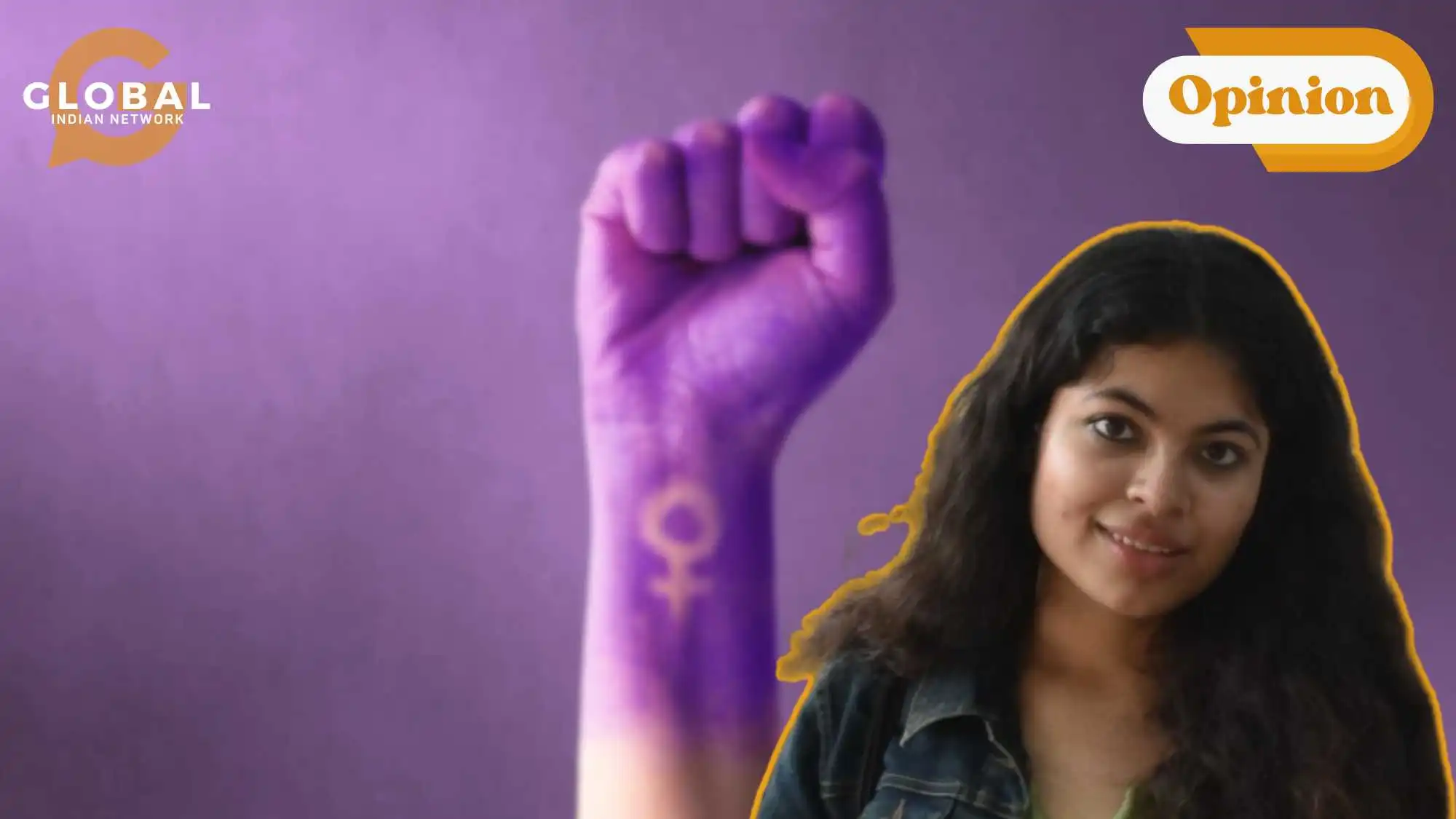The Indian society is fearful to address the age-old stigmatized issues, be it about men or women. The unwritten norms of society, which the masses need to follow each and every day, cages them to accept the toxic reality. Recently, the movie “Mrs” has sparked controversy. It is said to promote feminist propaganda. The film primarily revolves around the daily struggles of an Indian wife and how, at last, she takes the courage to address those.
The Safe Indian Family Foundation (SIFF) has accused the film of promoting ‘toxic feminist propaganda’. One key point is that the film showcases the daily struggles of an Indian wife. The fact that a section of society finds it offensive clarifies that the reality is apparently similar.
The director, Arati Kadav, clarifies the fact that she did not see men in the movie as toxic but was unaware of the pain of the women. Men are victims of patriarchy as well. We cannot deny it. People on social media are criticising the woman in the movie for her inability to cook for just two men. This is where the problem lies. The problem is not cooking but the realization that she is a human, too, who needs appreciation, validation and autonomy.
In the movie Nishant, Richa’s husband does not allow her to pursue dance as her profession, saying it may diminish their prestige in society. This was not an exaggeration but rather a reality. We all have seen our mothers and aunts and so many others giving up their dreams and passions. It is normalised in every Indian household. Not just men but women also support patriarchy to a great extent, which makes it even more suffocating for the rest. The fact that many people don’t even question these norms creates a cycle that’s hard to break.

The real issue is the normalisation of the things which should not be happening. Movies like Mrs and Thappad just shed some light on these realities. The dilemma does not lie in the men or women in our society but in the mindset they hold. Just because some traditional rules have been followed by our ancestors for years does not make it right. People comparing the movie with Animal and Kabir Singh makes it even worse.
Well, the reality is that issues like domestic violence and cheating are normalized and shutting mouths for the same makes it easier to continue that. Men cannot expect a woman to be a free househelp, just because they saw their mother doing the same for her entire life. Instead, makes a new start by making his mother and his wife do things which they really wish to. If the common people really feel that showcasing the daily life of an Indian woman amounts to promoting ‘feminist propaganda’, then they themselves are making it clear that women do face innumerable difficulties in their everyday lives.
The caste class gender discrimination does come into this discussion. A poor Dalit woman may face a lot more difficulties than an urban woman. But, we cannot deny the fact that intersectionality always points to the women of our society. This is where the problem lies, and the fact that we need to address it, fight against it and debate around these kinds of subjects.
It’s high time for us to understand that apart from being mothers, daughters and sisters, wives, women are also human. Humans do have their own needs. And they too can make mistakes, they too need to be appreciated. Ultimately, these films spark the much-needed conversation about the role of women in society, and it’s high time for us to collectively shift our mindset toward true equality. It’s not just the men but also the women who need to change their viewpoints and teach their children to know the value of equality and freedom.

Let us know your thoughts in the comments below. If you have burning thoughts or opinions to express, please feel free to reach out to us at larra@globalindiannetwork.com.









